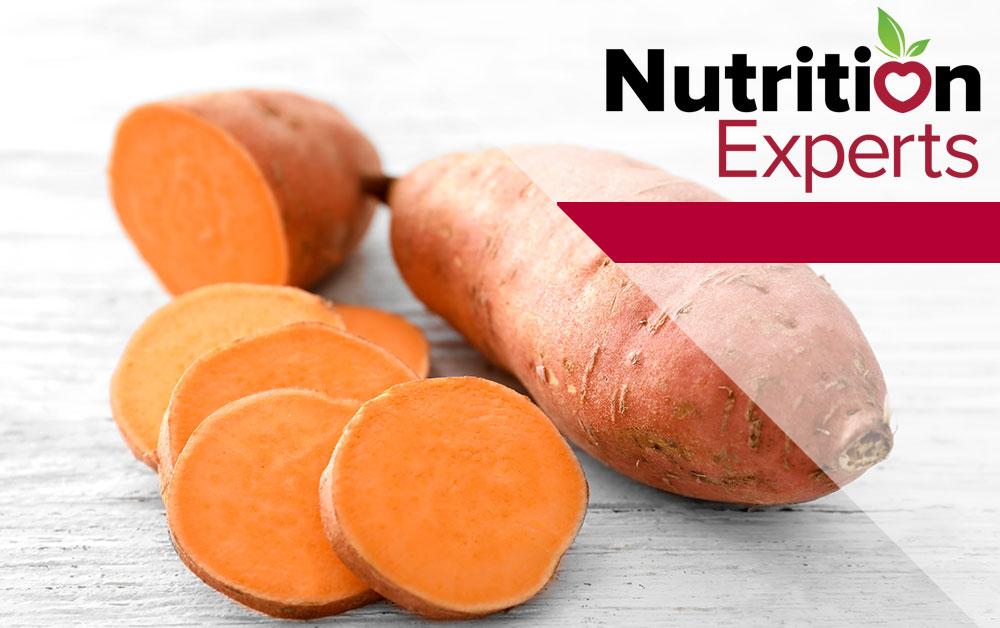By: Jason Garvin, CSUN Dietetic Intern

Move over kale, there’s a new powerhouse green in town! Kale has long been the go-to leafy green for healthy eaters, but research shows that the dandelion plant (taraxacum officinale) may pack equal amounts of nutrients.1 The sustainability and weed-like disposition of the dandelion is what makes it an intriguing option as a food source. The dandelion plant grows easily in many climates and can readily be found in urban settings.2 This is no ordinary weed though, nutrient density testing shows high levels of B vitamins, vitamin C, magnesium, zinc, carotenoids, and xanthophylls.1,3 Some other greens still pack more nutrient density than the dandelion, but those plants may not grow with the same ease and likely cannot be harvested from the confines of your front yard!
Continue reading





